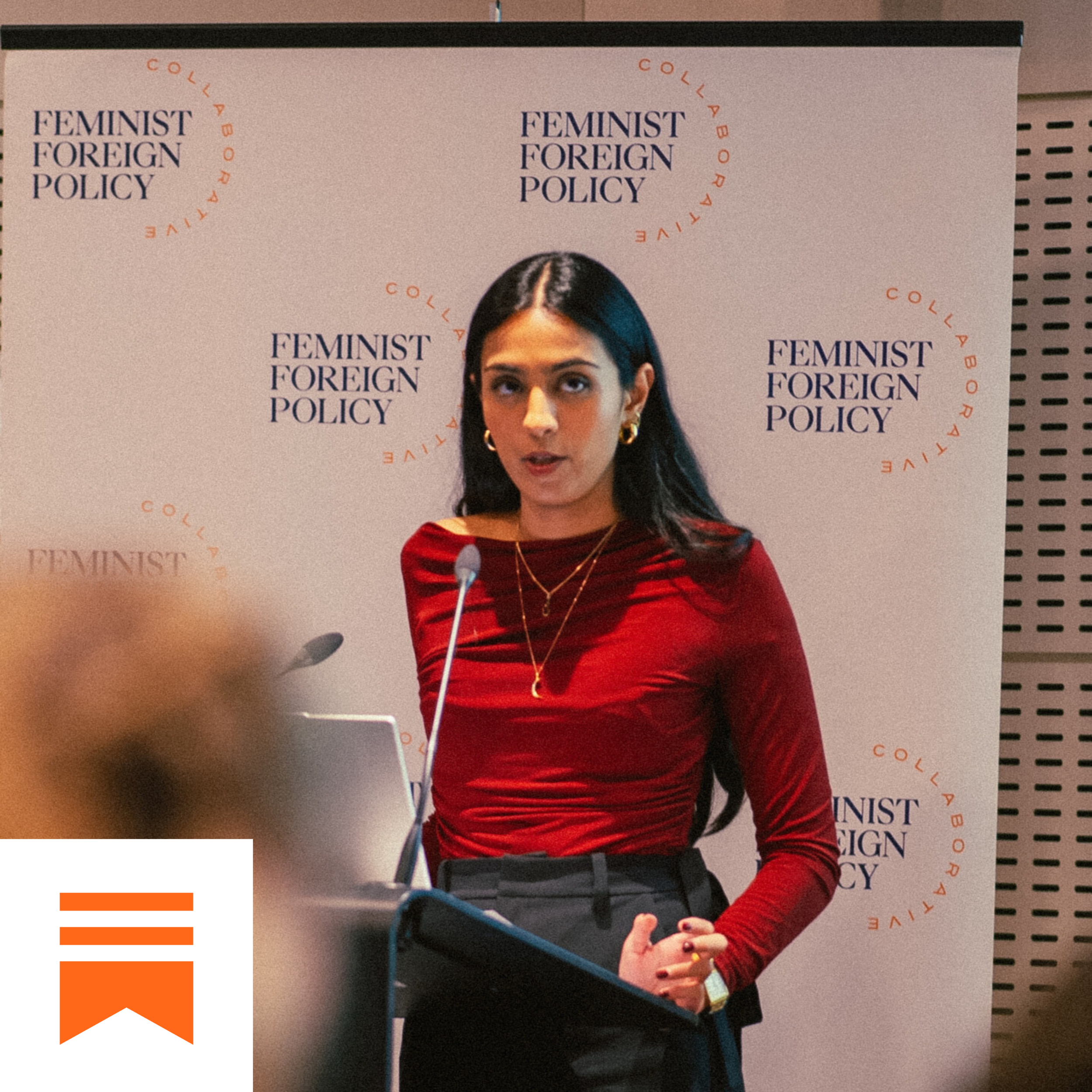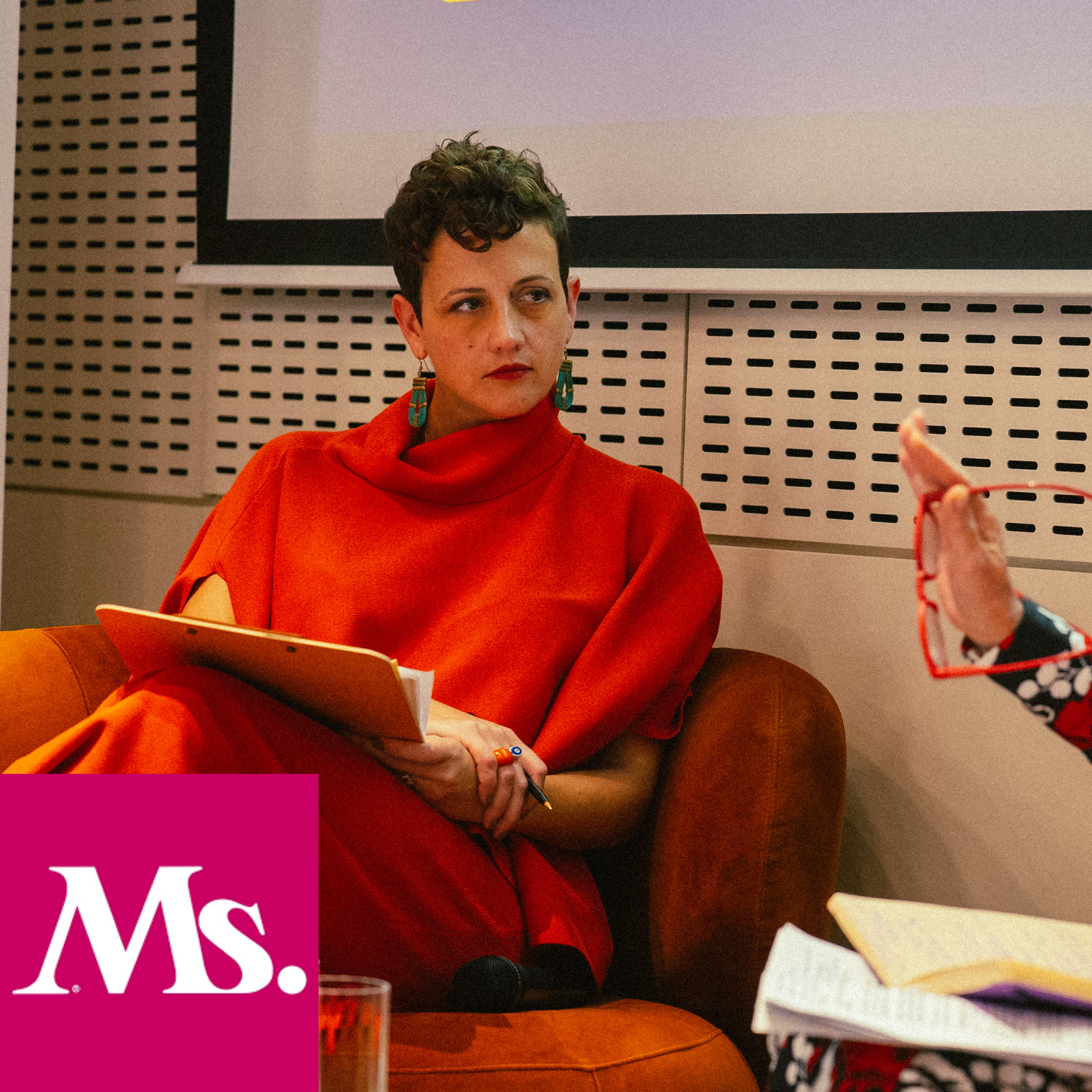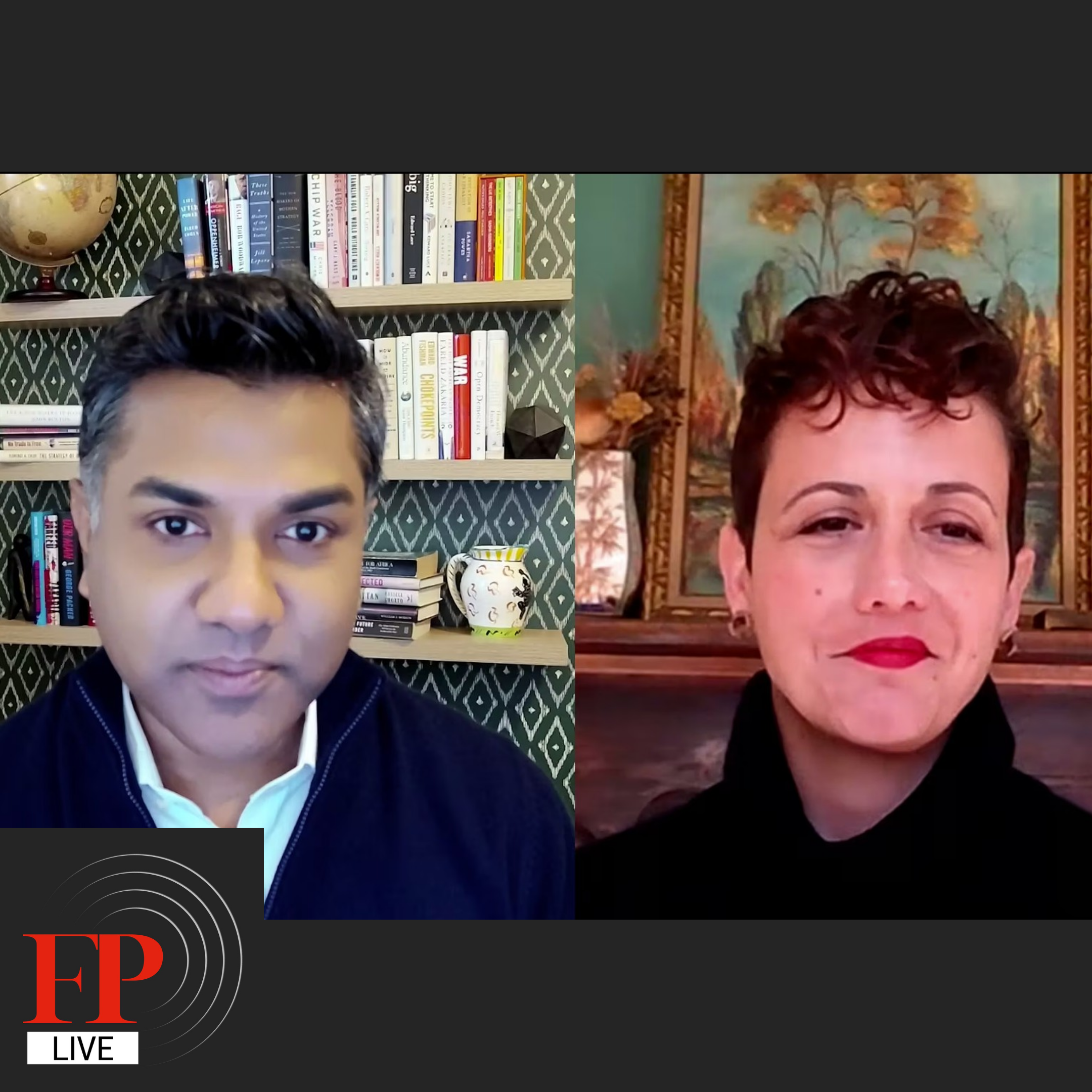Defining Feminist Foreign Policy 2025
Published: October 21, 2025
Authors: Katie M. Whipkey, Spogmay Ahmed and Lyric Thompson; With Jillian Montilla, Beth Woroniuk, Lorena Torres Peña and Mabel Bianco
Suggested Citation: Whipkey, Katie M., Spogmay Ahmed and Lyric Thompson. 2025. Defining Feminist Foreign Policy 2025. With Jillian Montilla, Beth Woroniuk, Lorena Torres Peña and Mabel Bianco. Defining Feminist Foreign Policy. Feminist Foreign Policy Collaborative.
Description
At a time of escalating authoritarianism, mounting global conflicts and crises and resurgent backlash against gender justice, the relevance of feminist foreign policy (FFP) has never been more urgent — or more contested. FFP has evolved from a bold experiment into a global movement, embraced, adapted and, in some cases, renounced by governments and civil society groups around the world. This fourth biennial report by the Feminist Foreign Policy Collaborative charts the turbulent trajectory of FFP as it enters its second decade: tracking progress, documenting backlash and surfacing strategies for resilience. This report captures not only where FFP stands in 2025, but where it must go next if it is to remain a credible, transformative force for peace, equality and planetary sustainability. The report begins with a description of our methodology and analytical framework, as well as the underlying definition of FFP and principles that guide our analysis. We then offer a global summary of trends in FFP including a timeline of commitments and a description of regional and multilateral activities. The backbone of this report is the 14 country profiles that describe the progress — or regression — of FFP actions in the past two years. Each country’s progress is assessed using the five core dimensions outlined in our guiding document, “Feminist Foreign Policy: A Framework” (hereafter Framework). These include Rights, Resources, Representation, Research and Reporting, and Reach. We also highlight profiles of seven countries to watch, which have not adopted a feminist approach to date but are expressing increasing interest and/or leadership in this agenda.
Country Profiles
Countries to Watch











